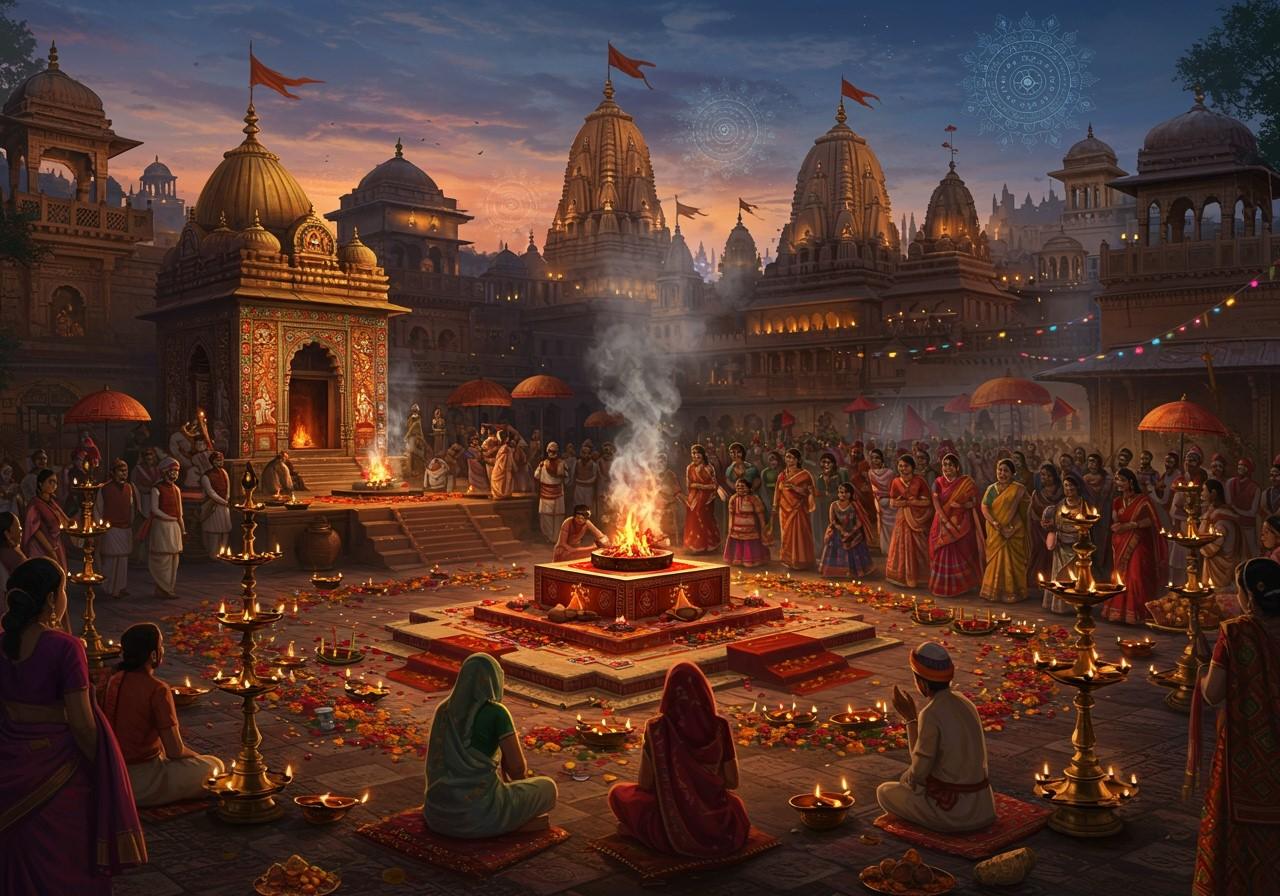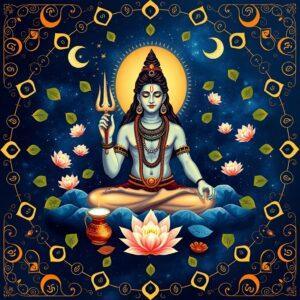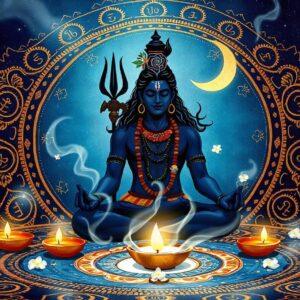
Panchala, an ancient region in Northern India, is renowned for its profound traditions and vibrant festivals. These age-old customs offer a unique glimpse into a living history that continues to shape the lives of its people. This exploration delves into the significance of these traditions in the context of contemporary society.
Historical Background
Panchala, a prominent kingdom in ancient India, holds deep historical significance. Its origins trace back to the Vedic period, playing a vital role in the development of ancient Indian civilization. The kingdom was divided into two parts: Northern Panchala with Ahichatra as its capital and Southern Panchala with Kampilya as its capital. The region’s geographical location contributed to its cultural and economic growth. Archaeological findings offer insights into the rich traditions and rituals practiced in Panchala. The kingdom also played a significant role in the epic Mahabharata.
- Origins: Ancient Vedic period, contributing significantly to the development of Indian civilization.
- Geographical Significance: Located in Northern India, its strategic position fostered cultural exchange and economic prosperity.
- Cultural Contributions: Played a vital role in shaping ancient Indian civilization, evidenced by archaeological discoveries and its presence in the Mahabharata.
- Archaeological Findings: Evidence of rich traditions, rituals, and a sophisticated society has been unearthed through archaeological excavations.
Festivals of Panchala
Panchala celebrates various festivals with unique customs and significance.
- Holi: Known for its colorful celebrations, Holi is a spring festival signifying the triumph of good over evil, deeply rooted in Panchala’s traditions.
- Kartik Purnima: This auspicious full moon day is observed with elaborate rituals, sacred baths, and offerings, holding deep spiritual meaning.
- Diwali: The festival of lights is celebrated with local variations unique to Panchala, including lighting lamps, fireworks, and special prayers.
- Makar Sankranti: This traditional harvest festival is particularly important to Panchala’s agrarian society, celebrated with kite flying and traditional sweets.
Furthermore, Draupadi Amman Temples celebrate an annual festival in May, a ten-day event that includes the Theemithi Thiruvizha (fire walking festival).
Rituals of Panchala
Intricate rituals form the backbone of Panchala’s cultural practices. The Panchelu/Panchala ceremony is particularly significant, marking life transitions such as coming-of-age and pre-wedding rituals.
- Yajnas: Sacred fire rituals, or Yajnas, hold deep spiritual significance, invoking blessings and maintaining cosmic balance.
- Daily Worship: Offerings made to deities in local temples are a part of daily life, fostering a connection with the divine.
- Marriage Rituals: Reflecting social values and customs, marriage rituals are elaborate and deeply symbolic, uniting families and communities.
- Funeral Rites: Honoring the departed and providing solace to the living, funeral rites are conducted with reverence and respect for the deceased.
- Initiation Rites: Marking the transition into adulthood for young boys and girls, initiation rites signify new responsibilities and social roles.
Preservation of Traditions
Despite modernization, efforts are underway to preserve Panchala’s rich cultural heritage. Local communities and cultural organizations play a key role in safeguarding traditional practices. Education and awareness programs promote these traditions among the younger generation. Digital platforms and online resources document and share Panchala’s cultural heritage with a wider audience. Modern technology aids in organizing and celebrating festivals, including virtual events and social media promotions.
Modern Celebrations
Ancient festivals and rituals of Panchala are adapting to contemporary lifestyles. Traditional practices are integrating with modern conveniences. Online shopping makes ritual items accessible, while technology assists in organizing and celebrating festivals. Virtual events and social media promotions play significant roles. Cultural tourism promotes Panchala’s heritage, attracting visitors from across the globe.
Poojn.in, India’s leading online store for puja samagri and other spiritual products, can help you observe these traditions. We offer a wide variety of items, from paddy seeds to cotton thread in various colors, essential for many rituals. For those seeking a convenient solution for their puja needs, explore our incense sticks and camphor powder offerings. We also offer beautiful Laddu Gopal murtis for your home altar.
Conclusion
The rich cultural heritage of Panchala continues to flourish in modern times, seamlessly blending ancient traditions with contemporary lifestyles. These festivals and rituals are more than just celebrations; they are a testament to Panchala’s enduring spirit and vibrant history. By preserving and adapting these practices, we honor our ancestors while embracing the conveniences of modern life.
Through education, community efforts, and technology, we ensure Panchala’s cultural legacy is passed down through generations. Whether through virtual events, social media, or online shopping for authentic ritual items, we find ways to stay connected to our roots. Celebrating and cherishing these traditions keeps the essence of Panchala alive, enriching our lives and those of generations to come.
Vadakkumnathan Temple Travel Guide
Vadakkumnathan Temple: Cultural Significance and Key Festivals
Nilamadhav Temple: A Spiritual Journey to the Divine
Sacred Spaces of Odisha: Temples, Rituals, and Traditions Explained


